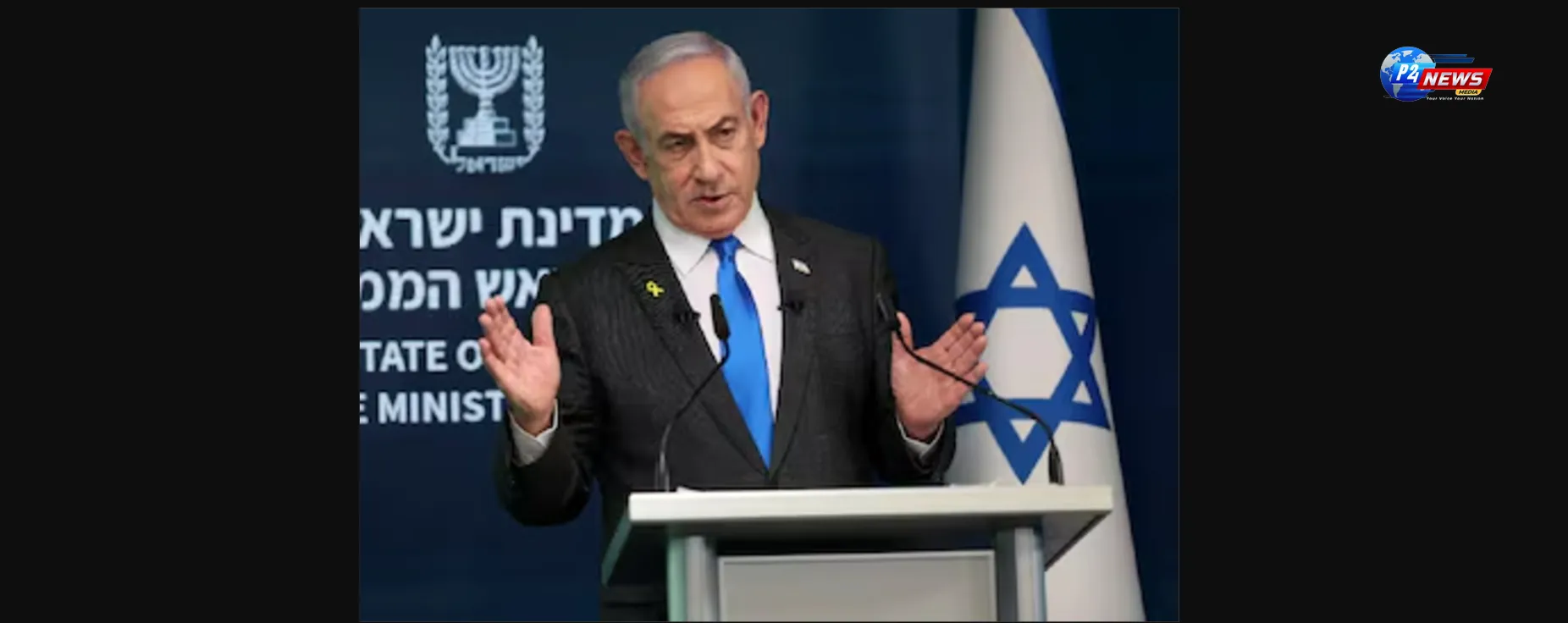Italy's foreign minister raised a provocative question about the potential arrest of Israeli Prime Minister Netanyahu, suggesting that he might avoid countries where he could face legal action. This statement highlights ongoing tensions surrounding international law and accountability.
On Tuesday, the foreign ministers of the G7 expressed their commitment to adhere to their respective obligations concerning the arrest warrant issued for Israeli Prime Minister Benjamin Netanyahu by the International Criminal Court (ICC). This statement came following a two-day meeting held near Rome, attended by representatives from Britain, Canada, Germany, France, Japan, the host nation Italy, and the United States.
In a joint declaration, the ministers reiterated their dedication to International Humanitarian Law, emphasizing their intention to comply with their individual responsibilities. The warrant for Netanyahu's arrest, issued by the ICC last week, has sparked significant backlash from Israel and its allies, including the United States, which, notably, is not a member of the ICC and has dismissed the court's jurisdiction.
It is important to note that the other six G7 nations are members of the ICC, meaning they would be obligated to apprehend Netanyahu should he set foot on their territories. In addition to the warrant for Netanyahu, the ICC has also issued warrants for his former defense minister and for Mohammed Deif, the military chief of Hamas, who Israel claimed was killed in a Gaza airstrike in July, although Hamas has not confirmed his death.
The G7's statement highlighted that the foreign ministers clearly distinguished between Hamas, a designated terrorist organization, and the State of Israel. The ministers stated that while Israel has the right to defend itself, it must do so in full compliance with international law, including International Humanitarian Law, under all circumstances.
The ICC has stated that the warrants for Netanyahu and his former minister pertain to alleged “crimes against humanity and war crimes" committed from at least October 8, 2023, to at least May 20, 2024. This timeframe aligns with the ongoing conflict which escalated after Hamas's assault on Israel on October 7, claiming over 1,200 lives, primarily civilians, according to Israeli official counts.
In the backdrop of these developments, Italy had initiated conversations about the ICC warrants amid tensions within Prime Minister Giorgia Meloni’s administration regarding their implications for Netanyahu. A diplomatic source indicated that discussions in Fiuggi encompassed a broader and more strategic scope beyond what was eventually reflected in the final statement, though specifics were not disclosed.
Italian Foreign Minister Antonio Tajani, addressing the media after the discussions, affirmed that they managed to reach a consensus that met their original objectives. However, he also pointed out the existence of numerous “legal doubts" surrounding the ICC warrant, questioning the feasibility of arresting a head of state. He raised critical inquiries about the practicalities involved, such as who would undertake the arrest, and expressed skepticism by stating, “Netanyahu will never go to a country where he could be arrested.”
The situation in Gaza remains dire, having escalated into a full-blown war following Hamas's initial attack. Israel's response has reportedly resulted in the deaths of over 44,000 individuals in Gaza, with a significant majority identified as civilians according to the health ministry in the Hamas-controlled region, a figure that the United Nations has deemed credible.
















Comments 0